トレードマークのフーディを着る理由、その答えを得るためのヒントが次の記事に含まれているのではないだろうか。
Mark Zuckerberg wants to teach Wall Street "the Hacker Way" - GigaOM
2月はじめのS-1提出を受けて書かれたこのGigaOMの記事では、Facebookが同書類のなかで、わざわざ「The Hacker Way」(あえて日本語にすれば「ハッカーの流儀」となろうか)について力説している、と記している。しかも、ある時期から広まった、犯罪行為も含む「悪さをする人間」としてのハッカーではなく、Steven Levy氏がその昔著書で描いた「正統な、新しいモノをつくり出す人間」としてのハッカーについての説明を、である。
「ハッカー」という言葉は、たとえば「コンピュータに不正に侵入した者」というように、不当にネガティブな響きを持つ言葉としてメディアで使われている。しかし、本来の「ハッキング」は何かを素早くつくり出したり、何が可能かの境界線を調べ出す行為を意味するに過ぎない(略)この言葉は、良い意味でも悪い意味でも使われるが、しかし私が会ったことのあるハッカーの大多数は、理想に燃えた人々、世界に良い影響を与えたいと考える人々である。
こういう一節が引用されいるこの記事には、ほかにも例えば、
「The Hacker Wayは、継続的に改善と作り直しを繰り返す、ものづくりのアプローチを指す。ハッカーは物事にはつねに改善の余地があると信じており、また完璧なものはないとも信じている。
ハッキングは本来的に自分で手を動かすことやアクティブな規律でもある。新しいアイデアが可能か、あるいは何かをつくる最善の方法はどんなものかといった事柄について、何日も議論を続ける代わりに、ハッカーはまずプロトタイプをつくってみて、それがうまく動くかどうかを試してみる。「議論するより、コードを書いた者の勝ち」というハッカーのお題目(mantra)をFacebookのオフィスではよく耳にするだろう。
ハッカーカルチャーはまた極めてオープンで実力主義を重んじる文化。ハッカーは、最良のアイデアやその実装がいつも勝利を収めると信じている——勝利を手にするのは、根回し("lobbying")がいちばんうまい人間でも、管理する部下の数がもっとも多い人間でもなく、そうした最良のアイデアを思いつき、それを形にしてみせる人間だと信じてる。
等々の引用もみられる(註12)。
さらに、GigaOMを主宰するOm Malik氏も自らのブログでこの話題に触れているが、S-1書類からの抜き書きには「ハッカーの掲げるプリンシプル」として次の5つの項目が記されている(註13)。
S-1で自社の価値観を示した例といえば、真っ先に思いつくのはGoogleの「邪悪になるな」("Don't Be Evil")であろう。近年ではいろいろと突っ込まれることも多くなっているこの価値観だが、それでもGoogleが中国市場からの一時撤退を決めた時などには、やはりこのフレーズが引き合いに出されていた。
Facebook、というかZuckerberg氏の「The Hacker Way」の宣言は、Googleの「Don't Be Evil」と同じ重みを持つ同氏の決意を示すもの。そして、Facebook株式に投資するのは、ネクタイを締め、スーツを着用した(普通の)ビジネスパーソンではなく、自分たちのようなハッカーが舵取りする会社に賭けること。
そのことを文字通り身体で示すために、Zuckerberg氏は敢えてフーディを身にまとい、ロードショーに望んだのではないか——いま、私はそんなふうに考えている。
すでに黒字体質を確立し、しかも社員ひとりあたりの売上も約100万ドル程度と立派な大企業になっているFacebook。今回の株式公開についても、主に既存投資家(ベンチャーキャピタルなど)へのリターンや、「500人ルール」(株主が500人に達した段階で経営情報の公開義務が発生)への配慮などから実施に踏み切ったという経緯——つまり「事業拡大のために、こんなにお金が必要なので……」といったわけではない点を考え合わせると、この「The Hacker Way」についての真意を理解してもらうために、「Zuckerberg氏が意図的にフーディ姿で投資家と対峙した」という推論は、あながち見当外れなことでもないように思えているのだが。
そうしてまた、こういう文字通り「大胆」で「スピード感」のある経営ができる、しかも夜を徹してのコーディング競争(いわゆるハッカソン:註14)を好み、それができるだけの体力もあるような20代の若者の手に、いま巨額の資金が流れ込もうとしている……。
かつてGoogleが世界中(日本も当然例外ではない)に与えた影響を思うとき、このことが何を意味するのかを改めてよく考えなくてはならないと思う次第である。
このコラムには続きがある。次回は「ペイパル・マフィアからフェイスブック・マフィアへ」というテーマで、FacebookとZuckerberg氏の周辺人物を紹介したい。
"The word 'hacker' has an unfairly negative connotation from being portrayed in the media as people who break into computers. In reality, hacking just means building something quickly or testing the boundaries of what can be done. Like most things, it can be used for good or bad, but the vast majority of hackers I've met tend to be idealistic people who want to have a positive impact on the world."
"The Hacker Way is an approach to building that involves continuous improvement and iteration. Hackers believe that something can always be better, and that nothing is ever complete. They just have to go fix it - often in the face of people who say it's impossible or are content with the status quo."
"Hacking is also an inherently hands-on and active discipline. Instead of debating for days whether a new idea is possible or what the best way to build something is, hackers would rather just prototype something and see what works. There's a hacker mantra that you'll hear a lot around Facebook offices: 'Code wins arguments.'"
"Hacker culture is also extremely open and meritocratic. Hackers believe that the best idea and implementation should always win - not the person who is best at lobbying for an idea or the person who manages the most people."
Mark Zuckerberg wants to teach Wall Street "the Hacker Way" - GigaOM
The examples above all relate to engineering, but we have distilled these principles into five core values for how we run Facebook:
Focus on Impact: If we want to have the biggest impact, the best way to do this is to make sure we always focus on solving the most important problems. It sounds simple, but we think most companies do this poorly and waste a lot of time. We expect everyone at Facebook to be good at finding the biggest problems to work on.
Move Fast: Moving fast enables us to build more things and learn faster. However, as most companies grow, they slow down too much because they're more afraid of making mistakes than they are of losing opportunities by moving too slowly. We have a saying: "Move fast and break things." The idea is that if you never break anything, you're probably not moving fast enough.
Be Bold: Building great things means taking risks. This can be scary and prevents most companies from doing the bold things they should. However, in a world that's changing so quickly, you're guaranteed to fail if you don't take any risks. We have another saying: "The riskiest thing is to take no risks." We encourage everyone to make bold decisions, even if that means being wrong some of the time.
Be Open: We believe that a more open world is a better world because people with more information can make better decisions and have a greater impact. That goes for running our company as well. We work hard to make sure everyone at Facebook has access to as much information as possible about every part of the company so they can make the best decisions and have the greatest impact.
Build Social Value: Once again, Facebook exists to make the world more open and connected, and not just to build a company. We expect everyone at Facebook to focus every day on how to build real value for the world in everything they do.
米国時間15日に公開されたFacebookの新キャンパスの写真のなかにも「The Hacker」という看板がでかでかと掲げられた建物の写真がある。
CNET Japanの記事を毎朝メールでまとめ読み(無料)
 無限に広がる可能性
無限に広がる可能性
すべての業務を革新する
NPUを搭載したレノボAIパソコンの実力
 心と体をたった1分で見える化
心と体をたった1分で見える化
働くあなたの心身コンディションを見守る
最新スマートウオッチが整える日常へ
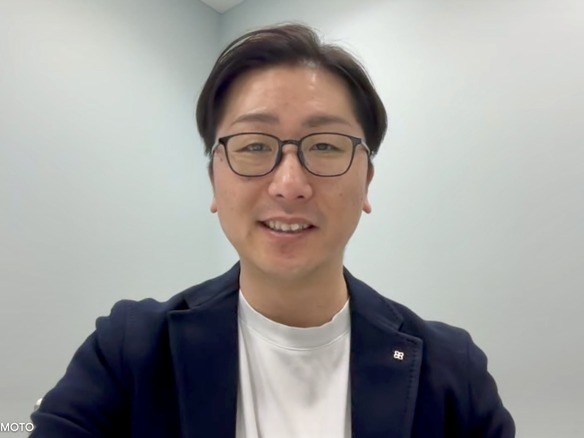 メルカリが「2四半期連続のMAU減少」を恐れない理由--日本事業責任者が語る【インタビュー】
メルカリが「2四半期連続のMAU減少」を恐れない理由--日本事業責任者が語る【インタビュー】
 なぜPayPayは他のスマホ決済を圧倒できたのか--「やり方はADSLの時と同じ」とは
なぜPayPayは他のスマホ決済を圧倒できたのか--「やり方はADSLの時と同じ」とは
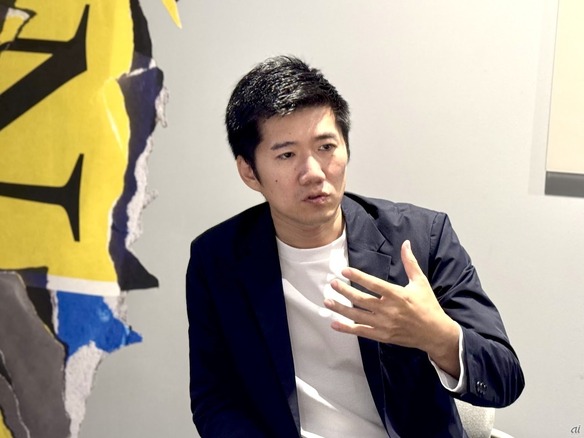 AIが通訳するから英語学習は今後「オワコン」?--スピークバディCEOの見方は
AIが通訳するから英語学習は今後「オワコン」?--スピークバディCEOの見方は
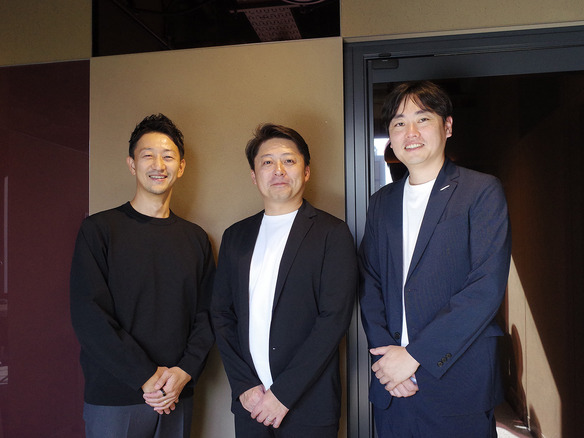 パラマウントベッド、100人の若手が浮き彫りにした課題からCVCが誕生
パラマウントベッド、100人の若手が浮き彫りにした課題からCVCが誕生
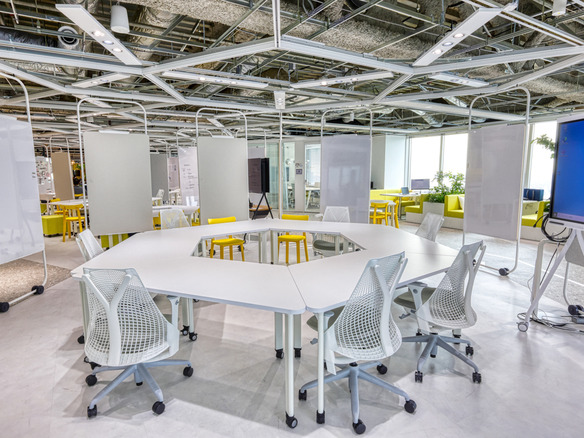 野村不動産グループが浜松町に本社を「移転する前」に実施した「トライアルオフィス」とは
野村不動産グループが浜松町に本社を「移転する前」に実施した「トライアルオフィス」とは
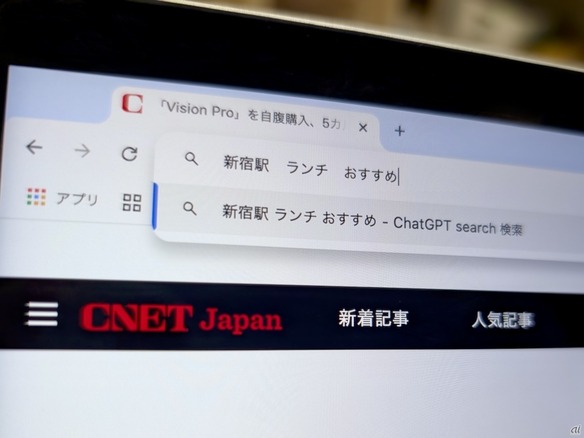 「ChatGPT Search」の衝撃--Chromeの検索窓がデフォルトで「ChatGPT」に
「ChatGPT Search」の衝撃--Chromeの検索窓がデフォルトで「ChatGPT」に
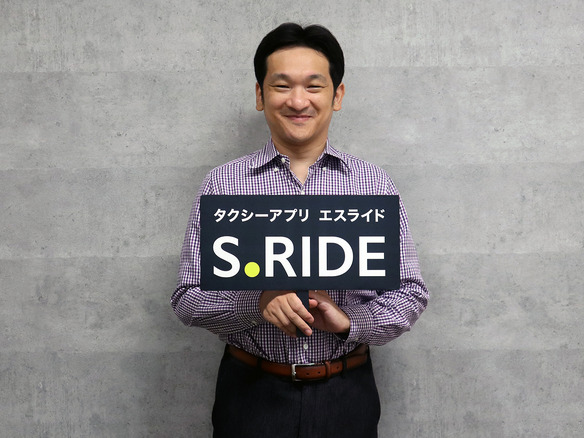 「S.RIDE」が目指す「タクシーが捕まる世界」--タクシー配車のエスライド、ビジネス向け好調
「S.RIDE」が目指す「タクシーが捕まる世界」--タクシー配車のエスライド、ビジネス向け好調
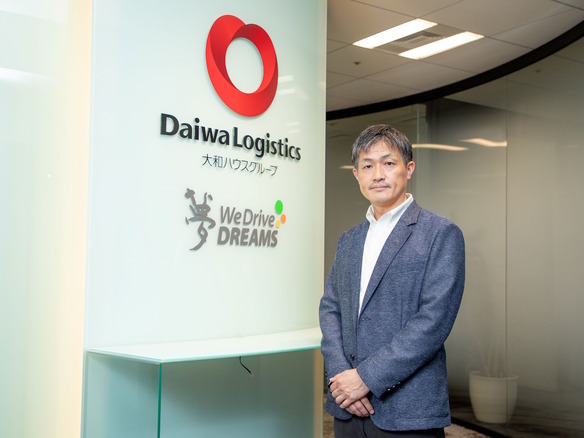 物流の現場でデータドリブンな文化を創る--「2024年問題」に向け、大和物流が挑む効率化とは
物流の現場でデータドリブンな文化を創る--「2024年問題」に向け、大和物流が挑む効率化とは
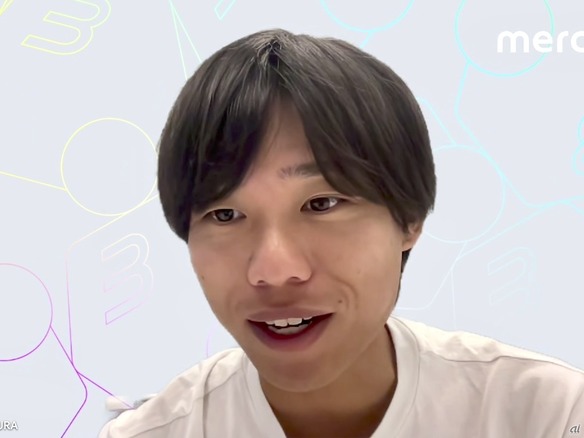 「ビットコイン」に資産性はあるのか--積立サービスを始めたメルカリ、担当CEOに聞いた
「ビットコイン」に資産性はあるのか--積立サービスを始めたメルカリ、担当CEOに聞いた
 培養肉の課題は多大なコスト--うなぎ開発のForsea Foodsに聞く商品化までの道のり
培養肉の課題は多大なコスト--うなぎ開発のForsea Foodsに聞く商品化までの道のり
 過去の歴史から学ぶ持続可能な事業とは--陽と人と日本郵政グループ、農業と物流の課題解決へ
過去の歴史から学ぶ持続可能な事業とは--陽と人と日本郵政グループ、農業と物流の課題解決へ
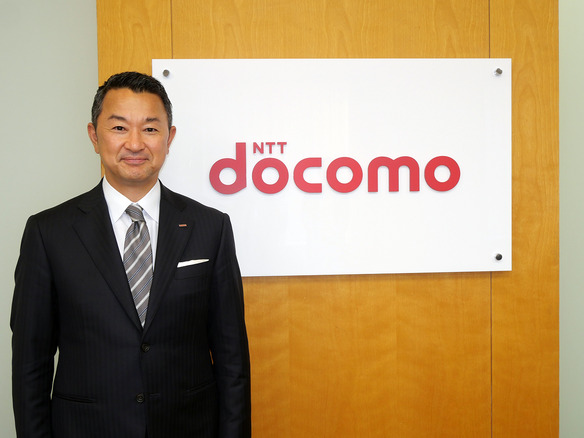 通信品質対策にHAPS、銀行にdポイント--6月就任のNTTドコモ新社長、前田氏に聞く
通信品質対策にHAPS、銀行にdポイント--6月就任のNTTドコモ新社長、前田氏に聞く
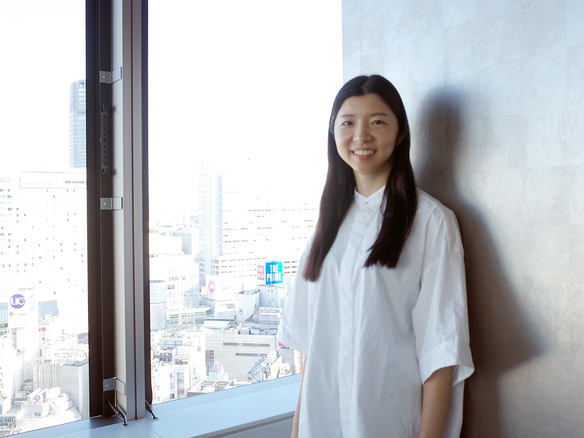 「代理店でもコンサルでもない」I&COが企業の課題を解決する
「代理店でもコンサルでもない」I&COが企業の課題を解決する